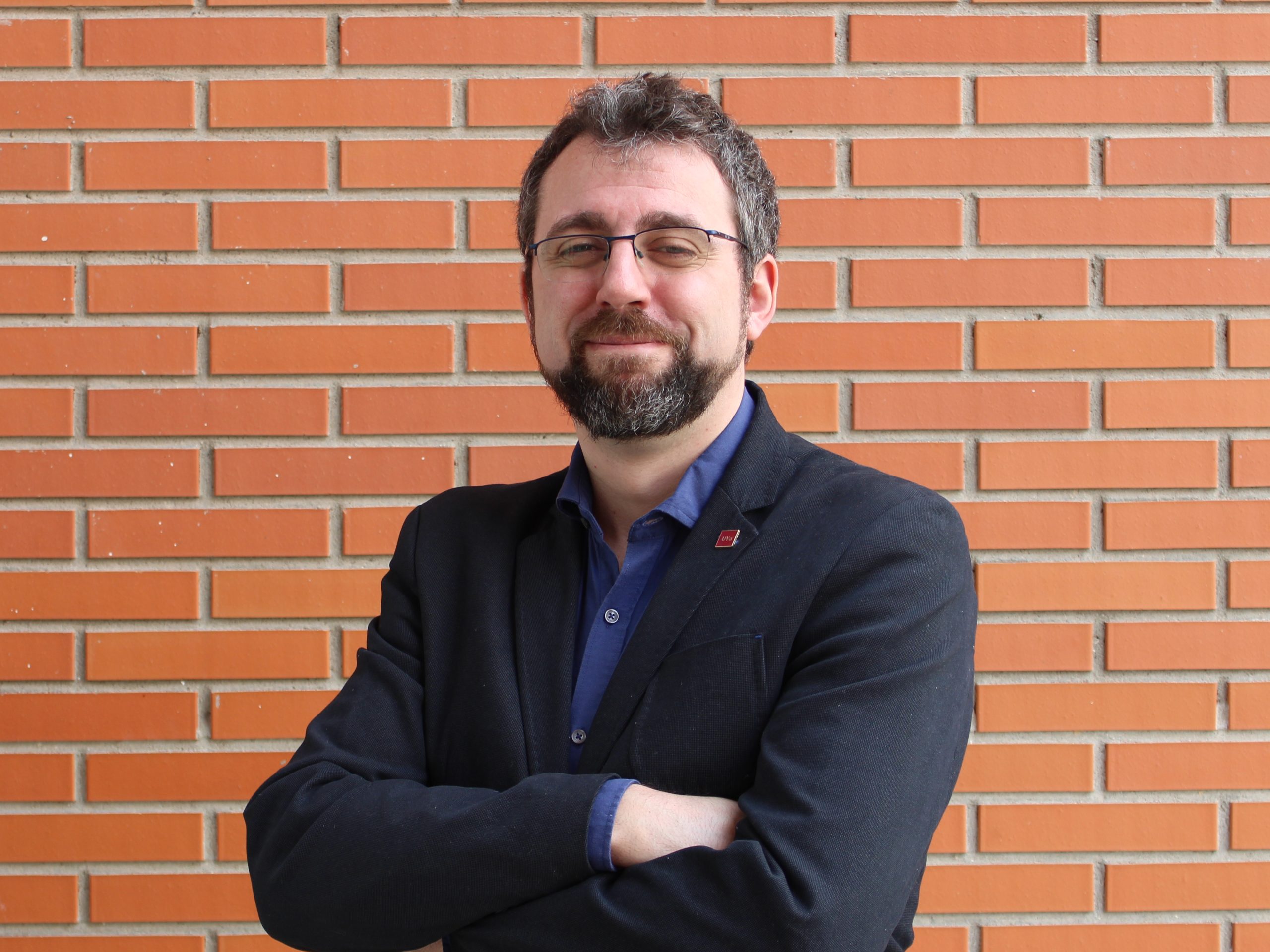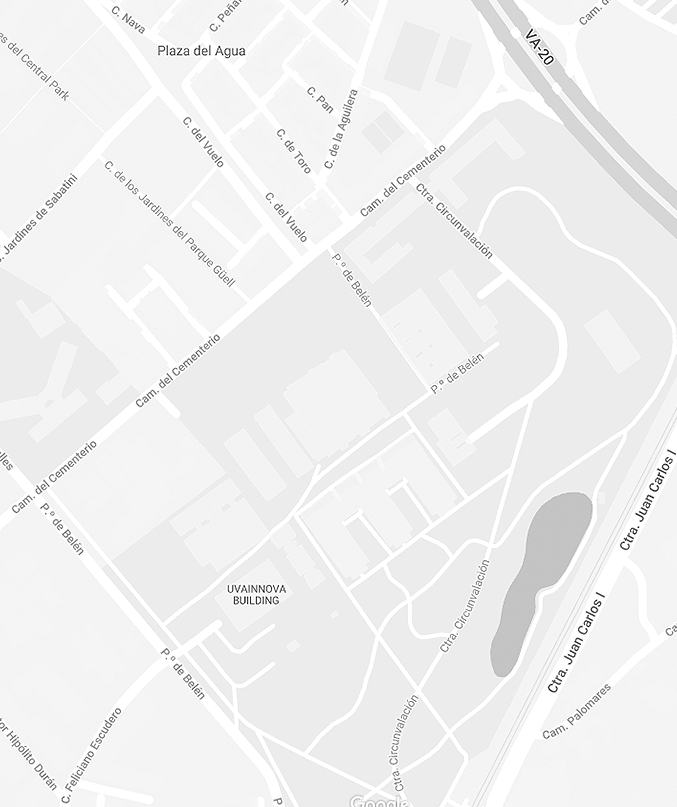Materials – characterization – nanocellular polymers – cultural heritage

Javier Pinto Sanz
My research career
PhD from the Universities of Valladolid (Spain) and Bordeaux (France) (2014).
Associate Professor of Crystallography and Mineralogy at the University of Valladolid (2022).
During his career, Prof. Pinto has been a PhD fellow at the University of Valladolid (Spain) and at the University of Bordeaux (France), a postdoctoral researcher at the Italian Institute of Technology (Italy) for 3 years, and has carried out research stays at the University of Washington (USA) and Cambridge (UK).
My activity
Prof. Javier Pinto is an expert in Materials Science with experience in various production and characterisation techniques, including spectroscopic techniques, use of synchrotron radiation and X-ray based techniques. In particular, Prof. Pinto has participated in the development of tomography equipment, image analysis tools and their application to polymeric and archaeological samples, as well as in several accelerator measurement campaigns. During his PhD, completed in 2014, he helped pioneer the field of nanocellular polymers, producing the first generation of nanocellular polymer samples in Europe. Subsequently, he co-directed a PhD thesis exploring the physical properties of these materials. This thesis obtained outstanding results following the production and characterisation approaches previously developed by Prof. Pinto (3 of the most cited articles on the subject at international level). The first study on the effects of molecular confinement of polymeric chains, whose first evidence was provided by Raman spectroscopy, is worth mentioning. In parallel, he extended his experience as a postdoctoral researcher at the Italian Institute of Technology (IIT). During 3 years, he developed porous polymeric materials functionalised by nanoparticles, introduced or synthesised through various approaches. These materials were designed to cope with various pollutants that may be present in water resources (e.g. heavy metals, oil spills, bacteria). In 2017 he rejoined the University of Valladolid, starting a new line of research at this University that has obtained remarkable results in water treatment and biomedical applications using functional porous polymers, which have been published in high quality journals (Journal of Cleaner Production, Journal of Materials Chemistry B, ACS Applied Materials & Interfaces), and has received funding from the State Research Agency (FORWARD, 72,000 €). In 2018 he obtained the position of Assistant Professor in the Area of Crystallography and Mineralogy and began to apply his experience also in the field of archaeometry, founding in 2019 a new research group on this topic, the “Historical and Archaeological Materials Research Group” (AHMAT), and reached the position of Associate Professor in 2022. Under his direction, the AHMAT group has recently obtained three public research projects, one of them at regional level and two at national level (total funding over 500,000€). These projects focus on the archaeometric study of pre-Roman glass beads and the development of new technologies and materials, based on porous polymer nanocomposites, for the conservation of cultural heritage (a consortium with 3 companies coordinated by Prof. Pinto participates in the latter project).
Recently, the research group led by Prof. Pinto, renamed “Study, Preservation y Recovery of Heritage (AHMAT)”, has received the distinction of “Consolidated Research Unit” by the Regional Government.
In addition to the aforementioned projects, Dr. Pinto has participated in 3 European, 4 national and 3 regional public research projects, as well as in 7 research projects funded by industry (total funding: around 3,000,000 euros). In parallel, Prof. Pinto continues to deepen the knowledge of the mechanisms involved in the production and physical properties of advanced materials such as nanocellular polymers or functional nanocomposites, enhancing or extending their production routes and fields of application. In particular, in recent years it has continued to develop new materials for water treatment and biomedical applications, but also for gas separation and energy efficiency.
In addition, during his doctoral and postdoctoral training he obtained the “FPU” and “Juan de la Cierva-Incorporación” national grants, respectively. Prof. Pinto has developed an extensive scientific production in the last 12 years (H-Index = 22, 1584 citations (SCOPUS, 20/02/2024)), publishing 48 JCR articles (> 30 published in Q1 journals), 1 book, 2 book chapters, contributing to more than 40 oral communications in international conferences and obtaining a patent. He also has extensive experience in supervising researchers and students.






